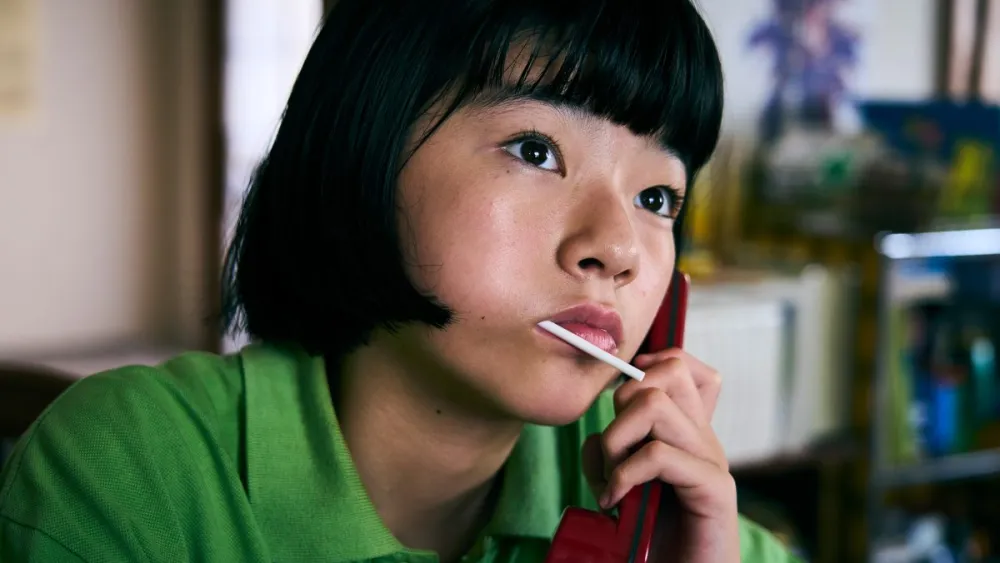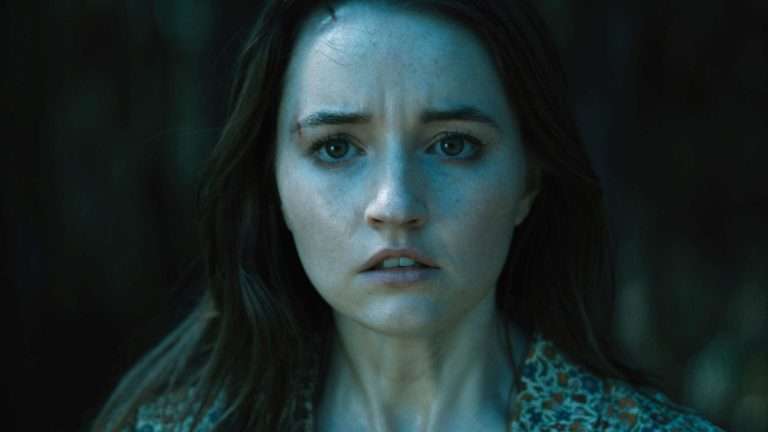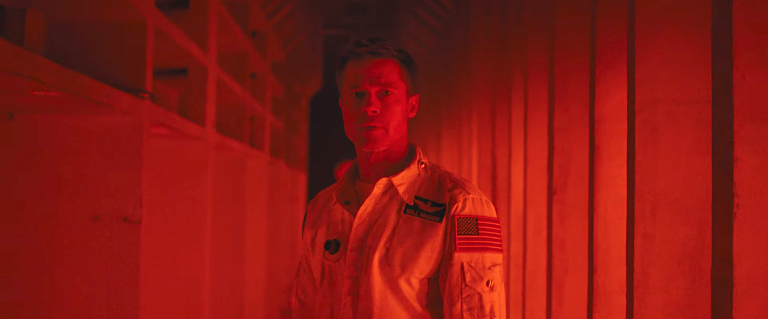It’s hard to put Chie Hayakawa’s new film, “Renoir,” in a box. It is gentle and contemplative, but that doesn’t keep it away from exposing everyday cruelties in its characters’ lives. Despite their tragic nature, it is charming and oddly comforting. While primarily a teen drama, the script follows characters struggling to communicate with each other, but it doesn’t let their struggles consume the form itself.
So, we don’t get an obtuse drama that mourns or scrutinizes their emotional failings. Still, it highlights the emotional gaps in their communication, leading us to probe into their turmoil. These struggles rarely reveal themselves to us, since the characters are either guarded, jaded, or not in touch with their emotions.
Hayakawa, who wrote and directed this film, portrays these indecipherables through the eyes of an 11-year-old girl quietly preparing herself for a life without her father. It’s an innately gloomy tale about a young girl bearing the weight of something she is too young to understand and to cope with. Yet, what we see isn’t a story about a sudden loss of innocence.
Instead, Hayakawa seems more invested in revealing how we process difficult emotions and how they manifest in our usual behavior. So, her film does not stay confined to the genre beats of a teen or a coming-of-age drama. Instead of a standard plot-driven tale leading to a sense of cathartic finality, we get one that quietly observes its characters’ everyday learnings.
Fuki (Yui Suzuki) remains at the centre of the story as an endlessly curious observer with eyes and ears always open for new experiences while growing up in suburban Tokyo in the late 1980s. She seems like any other young preteen, opening herself up to the world’s mysteries, but her precociousness sets her apart. She thinks about the nature of death and survival at an age when she should be living her life farther from those philosophical quandaries.
Her curiosity reveals itself through her stories, where she speaks about life beyond death. It seems like her way to confront the inevitable through a mode of expression that does not question her intentions or silence her. It simply allows her a chance to make sense of everything that she is going through.
Despite Fuki’s morbid thoughts, she is cheerful and innocent like anyone her age. It’s the adults around her who drive her to look for answers to life’s complicated mysteries and to seek someone to confide in. Her father, Keiji (Lily Franky), remains in a hospital where he is being treated for his terminal disease, while her mother, Utako (Hikari Ishida), cares for them, getting exhausted by her full-time job. Their absence leads her on a solitary artistic adventure.
That’s why the film is a bittersweet reflection on children burdened with a sense of orphanhood resulting from parental absence. Even then, the lens is not confrontational but humanist, and the narrative scope is not limited to parental flaws leading to her alienation.

Also Read: 10 Unconventional Coming-of-Age Movies Worth Exploring
Besides exploring Fuki’s joys and curiosities, the script also reveals layers of Utako’s ennui as a woman with unfulfilled hopes and dreams, exhausted by the toll it takes simply to be herself. Hayakawa’s approach is not direct but suggestive, as her direction focuses on the communication gaps, often ending a scene before the characters may fully express themselves.
Still, it doesn’t seem abrupt or jarring. She conveys much of her subtext through fleeting moments in their lives when characters observe others to realize the hidden or the less obvious. It ties into the film’s core about their struggles in communication and connection.
Despite their qualms and the troubling nature of some of its events, the film does not trivialize or sensationalize those experiences. It serves merely as a window into the characters’ lives, focusing deeper on the emotional residue of every interaction. So, even in its fantastical detours, it probes us to reflect on how they process their emotions with the gentlest possible approach.
The scenes nearly merge into each other without any deliberation, revealing the dissonance between the internal and the external aspects of their lives. Yui Suzuki and Hikari Ishida perfectly capture that dissonance. Suzuki portrays Fuki with childlike enthusiasm, but she makes sense of the weight of reality that she is not mature enough to deal with.
While Fuki’s mother appears rather curt and unemotional, Ishida reveals layers of her mounting misery as a woman who gets questioned about her duties, but never feels seen or appreciated. Her anger never seems like a fluke, and her outwardly odd behaviour feels well within reason, since it’s only a reaction to the burden of expectations on her. Lily Franky remains a quieter presence as Fuki’s bedridden father, and makes Keiji appear as someone who embodies emotional warmth for her.
Overall, despite having a protagonist in her early teens, “Renoir” does not limit itself to her quirks, nor does it let her ruminations seem borne out of her quirkiness. It balances the tragic with the life-affirming, turning a film about the weight of her grief into one about connection and self-acceptance. Hayakawa achieves it without any grand, melodramatic moments of realization that tip characters to the other side of their lives.
The sheer precision of her craft makes the film far more illuminating than dramas consumed with the enormity of such experiences at these moments in one’s character development. It all makes us care about the characters who gradually learn to care for themselves.







